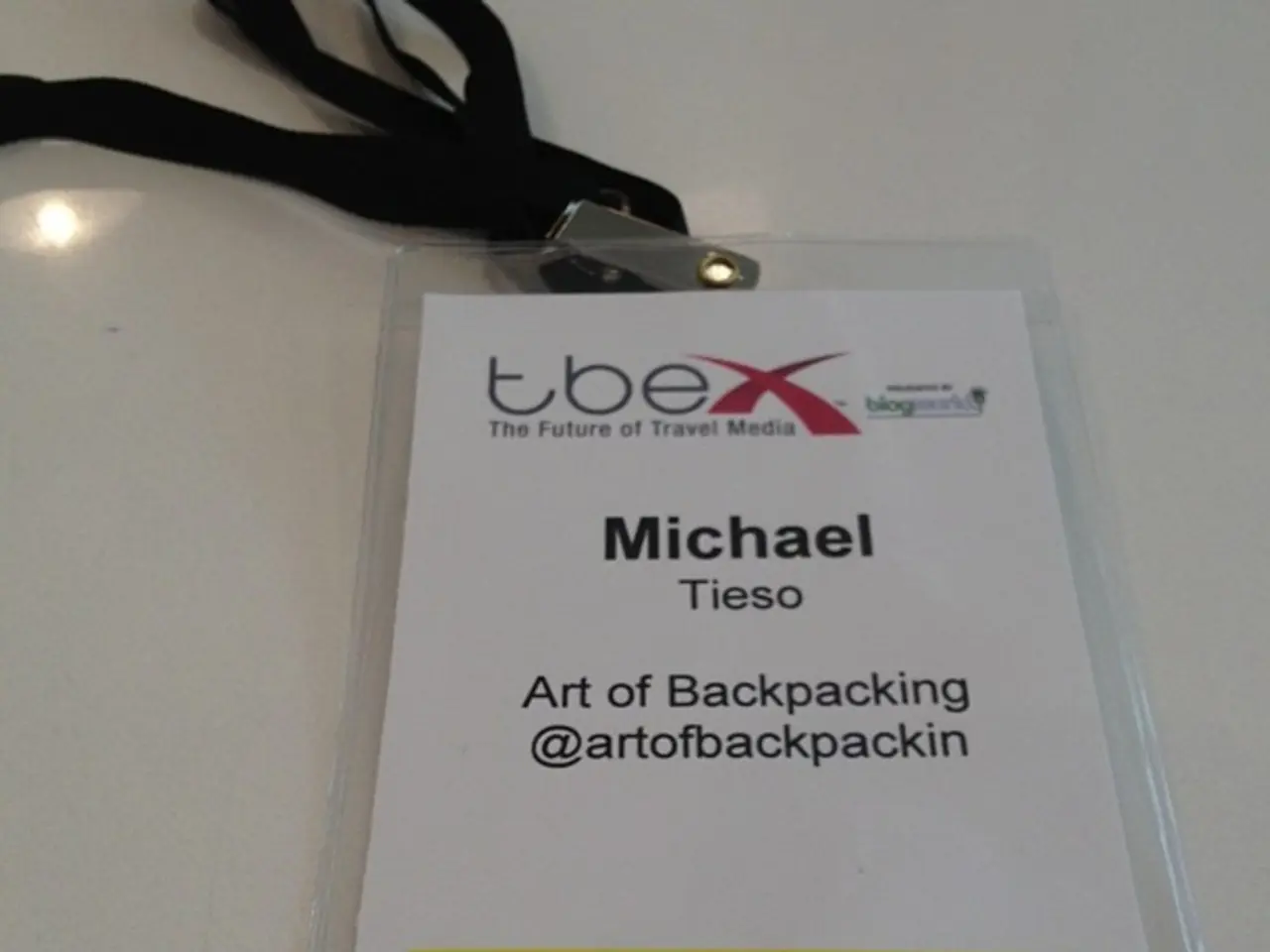DRC Adopts Blockchain Technology to Combat Diploma Forgery
The Democratic Republic of Congo (DRC) has made a significant stride in digital modernization and governance with the introduction of the e-Diplôme platform, a blockchain-based initiative designed to tackle diploma fraud and streamline administrative processes. This innovative platform was formally presented by the Congolese government during a Council of Ministers meeting held on July 18 in Kinshasa [1].
The e-Diplôme platform is poised to be a transformative moment in the digital modernization of the national education system, offering a glimpse into how technology can reshape legacy systems and instill greater public confidence in government services [2]. By digitally securing and managing the issuance and verification of state-recognized academic qualifications, the platform aims to streamline interactions between schools, ministries, and recruiters, removing paper documents and manual processing [3].
Key implications of the e-Diplôme platform include:
- Modernization of Public Services: The platform represents a decisive shift towards digital governance, replacing paper-based, slow, and error-prone processes with a streamlined, centralized digital system. This is part of broader reforms aimed at digitizing essential public administrative functions in the DRC [2][3].
- Transparency and Trust: By using blockchain’s inherent immutability, the system guarantees authenticity and transparency of diplomas, fostering trust among stakeholders within and beyond the country. This contributes to combating corruption and enhancing digital sovereignty [1][2].
- Regional Governance Model: The DRC positions itself as a pioneer in Central Africa by implementing blockchain technologies in governance. The Minister of Communications and Media described the platform as a model of governance for the region, setting a precedent for other countries in Central Africa to modernize their education systems and public record-keeping via blockchain [1][2][3][4].
- Digital Sovereignty: The platform bolsters the country’s control over its digital infrastructure and data, reducing reliance on external systems and enhancing national data security [1][2][3].
- Long-Term Archival Security: Permanent digital archiving prevents loss or physical degradation of important records, ensuring academic credentials remain verifiable indefinitely [2][3].
However, the platform’s security depends on the integrity of the initial data entered; forged diplomas uploaded would still be recorded as genuine on the blockchain, indicating the need for strong vetting before data entry [1].
In summary, the e-Diplôme platform symbolizes a major leap towards digital transformation, improved governance transparency, and enhanced credibility of educational certifications in Central Africa, paving the way for broader blockchain adoption in public sector services regionally [1][2][3][4]. The platform is accessible through the website www.schoolap.cd.
The launch of e-Diplôme is a reflection of a growing trend in which African governments are exploring emerging technologies to address governance challenges and build digital resilience. The broader goal of the e-Diplôme platform is to establish the DRC as a regional leader in digital education administration across Central Africa, addressing the persistent challenge of diploma fraud across many African nations [5].
- The e-Diplôme platform, having embedded technology in education and self-development, demonstrates how blockchain can modernize legacy systems and build trust in the digitalization of education qualifications in the Democratic Republic of Congo (DRC) and potentially across Central Africa.
- With its impact on finance, particularly through streamlined administrative processes and enhanced national data security, the e-Diplôme platform serves as a regional model for digital governance and digital sovereignty in African countries, offering opportunities to address governance challenges, combat corruption, and foster economic development.




